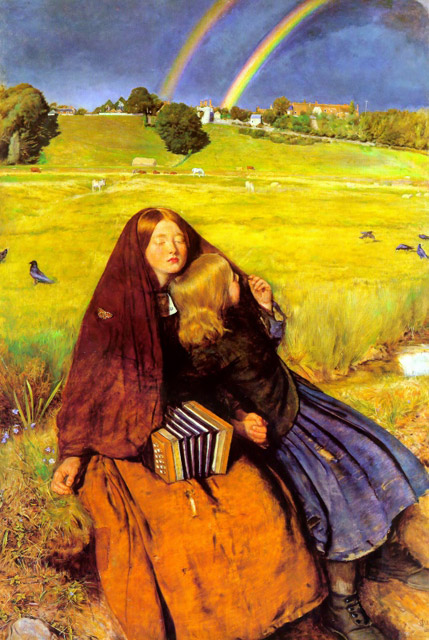FEMALE INMIGRANTS AND HEALTH, A ROAD TO BE TRAVELLED IN THE 21ST CENTURY
Abstract
Introduction The demand for health care in Murcia has made us question how immigrants perceive our health care system. Thus the importance of observing the behavior of immigrants, as they face obstacles appearing because they are women and belong to a different culture, an issue that can be difficult for health care workers. Methodology: The study was conducted with a sample of 41 female immigrants in the Murcia region. Five introductory interviews were carried out as an introductory tool in this observational descriptive study. After obtaining the results some forms were filled out consisting of closed questions concerning the attention given, obstacles and gender issues when it comes to receiving their health care. As a criterion of exclusion, there was an absence of males during the questioning so as not to affect the response of the interviewee. Discussion The vast majority of those interviewed have difficulty communicating with health care staff. Dissatisfaction with the service provided could arise. It shows the great importance of a mediator between professionals and female immigrants. Therefore, health care services should be open to all people in our society, not only in situations of illness but also to improve health. Conclusions • Encourage the need for a multicultural mediator in all places where health care is provided. •Required that health professionals who provide care should be trained in cultural aspects. •Health policy towards immigration groups should be implemented.Downloads
-
Abstract161
-
PDF (Español (España))57
The works published in this magazine are subject to the following terms:
1. The Publications Service of the University of Murcia (the publisher) preserves the copyright of the published works, and encourages and allows the reuse of the works under the license for use stated in point 2.
© Servicio de Publicaciones, Universidad de Murcia, 2011 (© Publications Service, University of Murcia, 2011)
2. The works are published in the electronic edition of the journal under Creative Commons Reconocimiento-NoComercial-SinObraDerivada 3.0 España(texto legal) “ a Attribution-NonCommercial-NoDerivatives 3.0 Spain license (legal text)”. They can be copied, used, broadcasted, transmitted and publicly displayed, provided that: i) the authorship and original source of their publication (journal, publisher and URL) are cited; (ii) are not used for commercial purposes; iii) the existence and specifications of this license is mentioned.
3. Conditions of self-archiving. Authors are allowed and encouraged to electronically disseminate the pre-print (pre-reviewed ) and / or post-print (reviewed and accepted for publication) versions of their works prior to publication, as it ensures a wider circulation and dissemination which may lead to a possible increase in its mention and a higher scope among the academic community. RoMEO color: green.













